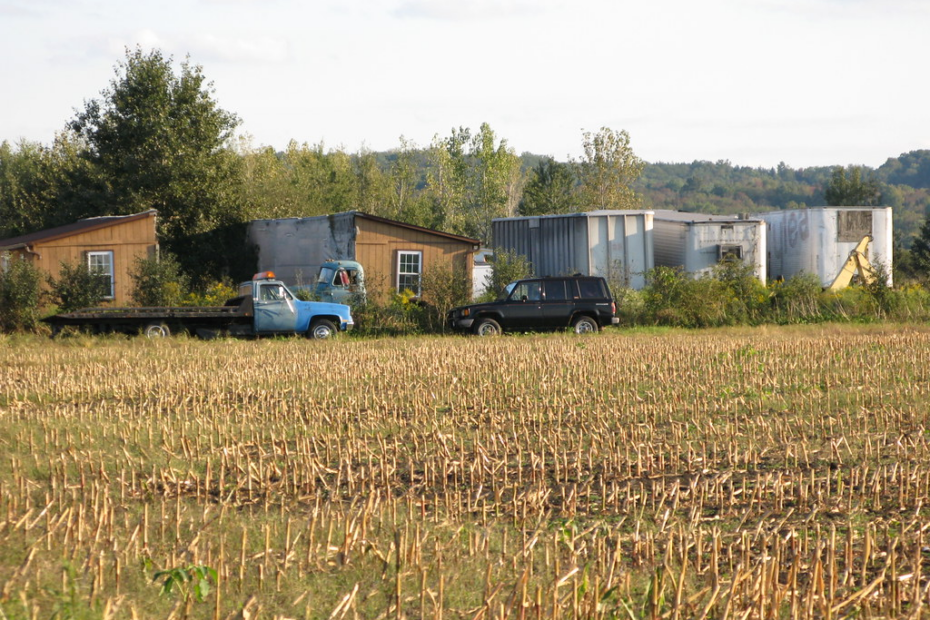There are around 2.9 million farmworkers in the United States, including both migrant and seasonal workers. These workers are an essential component of the U.S. agricultural industry. For example, a Michigan study found that farmworkers contributed nearly $25 million to the state’s economy by doing jobs that allow farmers to produce higher-value crops. Similarly, the state of Georgia tried to limit the number of farmworkers and experienced major labor shortages resulting in a loss of over $180 million.
Many farmworkers live in crowded housing conditions and 10-15% live in employer-provided housing. Farmworker housing can pose unique challenges to fire code inspectors as well as to fire department and emergency services responses. Recently, many states have passed regulations related to farmworker housing to improve the safety of these structures. However, many first responders are largely unaware of the mandates around farmworker housing.
On Friday, December 6th, 2024, the National Farm Medicine Center RF-DASH team in collaboration with the National Center for Farmworker Health hosted a “Farmworker Housing and Firefighters” webinar. There were 112 registrants and 69 live attendees. Those that were unable to make the live event received the recording. Participants were from a variety of institutions, including insurance companies, universities, non-governmental organizations, and fire departments.
The goals of the webinar were two-fold: 1) Introduce first responders to incident prevention and emergency response considerations related to farmworker housing, with the ultimate aim of improving patient outcomes and mitigating property loss. 2) Improve first responder understandings of the farmworker population and farmworker housing standards so that they can better engage the agricultural community in risk mitigation and emergency preplanning. Presenters and topics at the event included: Dr. Bethany Alcauter (Director of Research and Public Health Programs, National Center for Farmworker Health) provided an overview of farmworkers and farmworker housing conditions. Aaron Andre (Fire Prevention Coordinator, Wisconsin Department of Safety and Professional Services) and Kathryn Mueller (Migrant and Seasonal Farmworker Program and Planning Section Chief, Wisconsin Department of Workforce Development) presented on Wisconsin-specific farmworker housing codes and their enforcement. Dennis Dederich, Chief of the Vesper Fire Department in Wisconsin, gave the audience an on-the-ground perspective of inspecting farmworker housing in his community. Lastly, the Chief of Pittsville (Wisconsin) Fire Company, Jerry Minor, discussed emergency preparedness considerations related to farmworker housing.
In 2025, the RF-DASH program is aiming to host more events like this one. It was great to see many of our previous RF-DASH trainees in the audience. If you have an idea for a future webinar topic, please reach out to Jakob Hanschu (hanschu.jakob@marshfieldresearch.org).
A link to the recording of the webinar is available here.
